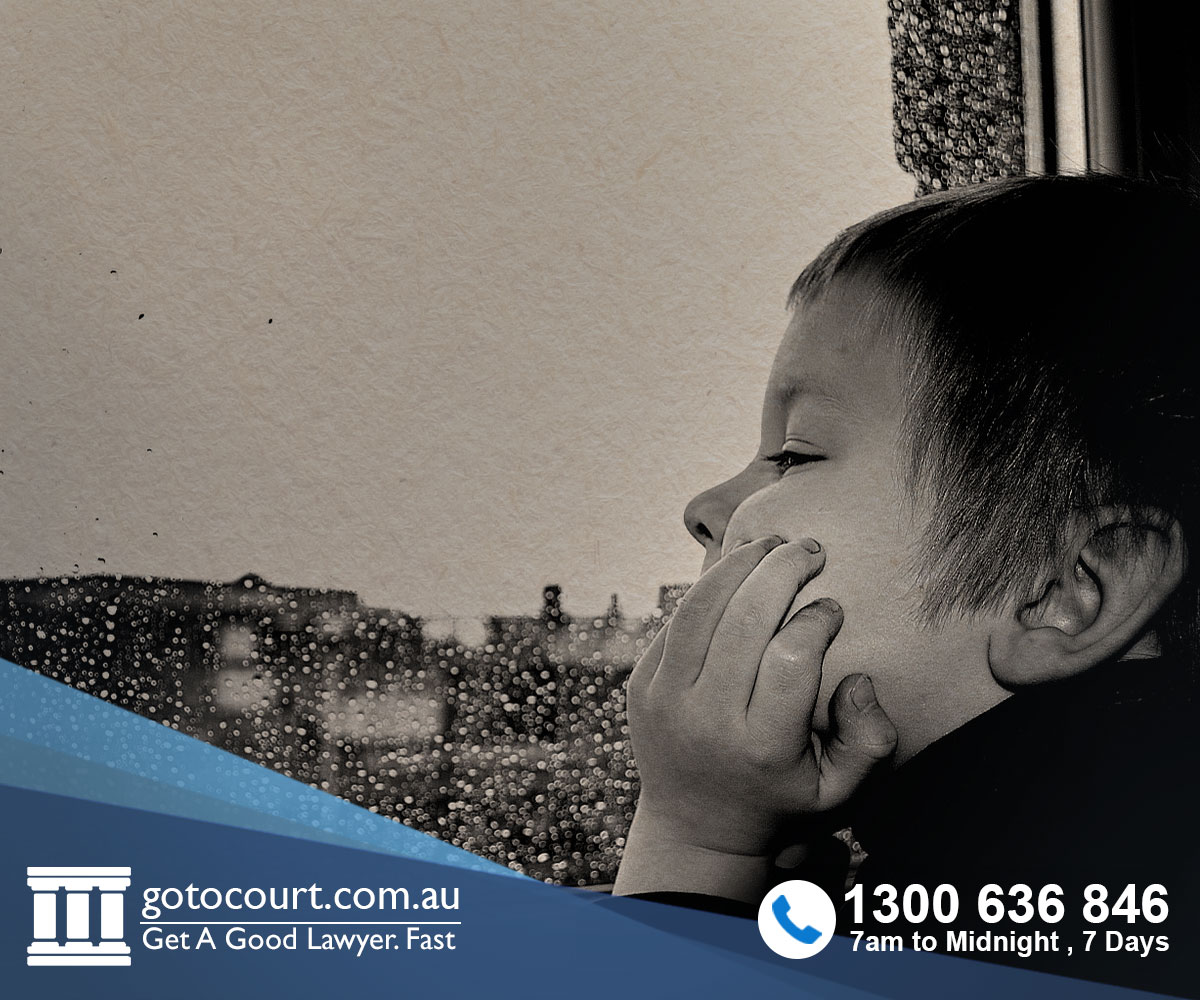Family Law Orders Made Overseas
The Federal Circuit and Family Court of Australia (FCFCA) deals with a range of family law matters, including care of children, divorce and property settlement. The court hears family law matters under the Family Law Act 1975. It’s not uncommon for adults migrating to Australia or returning from a country they previously migrated to, to have commenced or even finalised family law proceedings overseas. In order for family law orders made overseas to be recognisable and enforceable in Australia, the orders need to be registered in this country.
Parenting orders made overseas
Australia has agreements with a number of other jurisdictions allowing parenting orders made in those jurisdictions to be registered in Australia. The list of countries and states that we have such agreements with can be found in Schedule 1A of the Family Law Regulations 1984. If a person has family law orders made overseas that were made in a place other than those listed in Schedule 1A, new parenting orders may need to be obtained in Australia.
Regulation 23 of the Family Law Regulations sets out the process for registration of parenting orders made overseas in Australia. Such a request is made to the International Family Law Section of the Attorney-General’s Department. An applicant needs to provide the Secretary of the Attorney-General’s Department with the following:
- a certified copy of an overseas child order from a prescribed overseas jurisdiction; and
- a certificate signed by an officer of a court (or another authority relating to the order) stating that the order is, at the date of the certificate, enforceable in that jurisdiction
The Applicant must also satisfy the Secretary that one of the following parties is ordinarily resident in, present in, or proceeding to, Australia:
- the child who is subject to the order;
- a parent of that child;
- a person who has the right to have the child live with them;
- a person who has the right of custody of or access to the child, or the right to spend time or communicate with the child.
After receiving such a request, the Secretary is then required to forward the documents to a registrar of the FCFCA, state family court or ftate or territory Supreme Court. Once received, the orders will be registered by filing the certified copy of the order and the corresponding certificate in the court. Such an order remains enforceable in Australia until the registration has been cancelled.
Alternately, if parties are in agreement about the arrangements under the overseas orders, an application for consent orders can be filed in Australia without the need for registering the overseas orders.
Divorce orders made overseas
Section 104 of the Family Law Act allows for recognition of an overseas divorce order as valid under some conditions. The divorce will be recognised if at the time it was granted, either or both of the parties to the marriage met any of the following requirements:
- The respondent was ordinarily residing in the overseas jurisdiction; or
- The applicant was ordinarily residing in the overseas jurisdiction for at least 12 months at the time of the commencement of the proceedings; or
- The overseas jurisdiction was the last place of cohabitation of the parties; or
- Either or both of the parties were domiciled in or nationals of the overseas jurisdiction
The common law rules of private international law apply to divorce. This means that the test to apply to determine whether a divorce order is valid in Australia is ‘Does a party have a real and substantial connection with the foreign jurisdiction where the order was made?’ Accordingly, foreign divorce orders may be recognised even when the residency requirements set out in the Act are not met.
Section 104 of the Act also allows for the refusal to recognise divorce orders made overseas in circumstances where the order would not be compliant with those common law principles, such as where one party had been denied procedural fairness, or where recognition of the order would be manifestly contrary to public policy.
If you require legal advice or representation in a family law matter or in any other legal matter, please contact Go To Court Lawyers.








